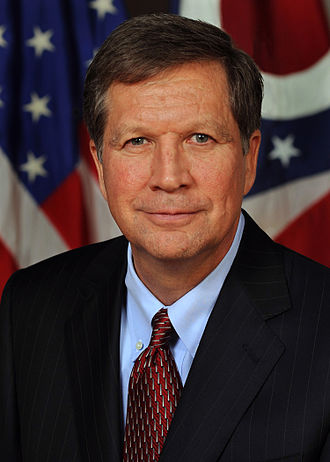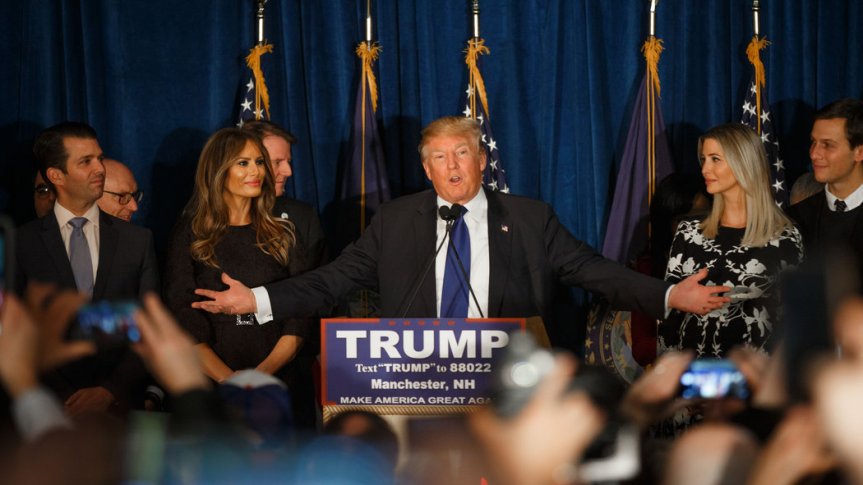
W.J. Astore
A reader wrote to ask my opinion on which presidential candidate would make the best commander-in-chief. This is a speculative exercise, of course, but why not speculate? I’ve watched most of the debates and have a sense of the candidates, though of course I’ve never met them and have no direct experience with them. (I once shook President Bill Clinton’s hand, and saw Hillary in the background, but that’s a story for another day.) So let’s take the five remaining candidates in alphabetical order:
Hillary Clinton: Often wrong and too hawkish, which is a bad combination. She was wrong on the Iraq War, wrong on Libya, and unapologetic in her fondness for Henry Kissinger. Under Clinton, I see more wasteful military interventions.
Ted Cruz: Far too eager to use military force. You’ll recall his posturing about “carpet bombing” and making the sand “glow” in the Middle East, apparently by using nuclear weapons. The recent terrorist attacks in Belgium have him calling for a police state in U.S. neighborhoods where Muslim-Americans live.
John Kasich: Has experience working military matters while in Congress (18 years on the House Armed Services Committee). Has executive experience as a governor. Has had the temerity to criticize the Saudis for supporting radical elements in Islam. Has opposed wasteful weapons systems (the B-2 and A-12, for example). Speaks carefully and appears to be temperamentally suited to the job.
Bernie Sanders: He was right to oppose the Iraq War. Thinks for himself. Not a slave to neoconservative interventionism. Yet he lacks experience dealing with the military and with foreign policy. Has the capacity for growth.
Donald Trump: Lacks an understanding of the U.S. Constitution and his role and responsibilities as commander-in-chief. Though he has shown a willingness to depart from orthodoxies, e.g. by criticizing the Iraq War and the idea of nation-building, Trump’s temperament is highly suspect. His bombast amplified by his ignorance could make for a deadly combination. Hysterical calls for medieval-like torture practices are especially disturbing.
Of the five major candidates, and with Sanders somewhat of a blank slate, I think John Kasich has the best potential — in the short-term — to be an effective commander-in-chief. This does not mean that I support Kasich for president, for I object to several of his domestic policies.
Not exactly a “bracing view,” perhaps, but it’s my honest attempt to answer a reader’s question. I do think Sanders has considerable potential to be an excellent commander-in-chief because he possesses moral courage.
Sadly, the odds of either Kasich or Sanders winning in November seem very long indeed.




